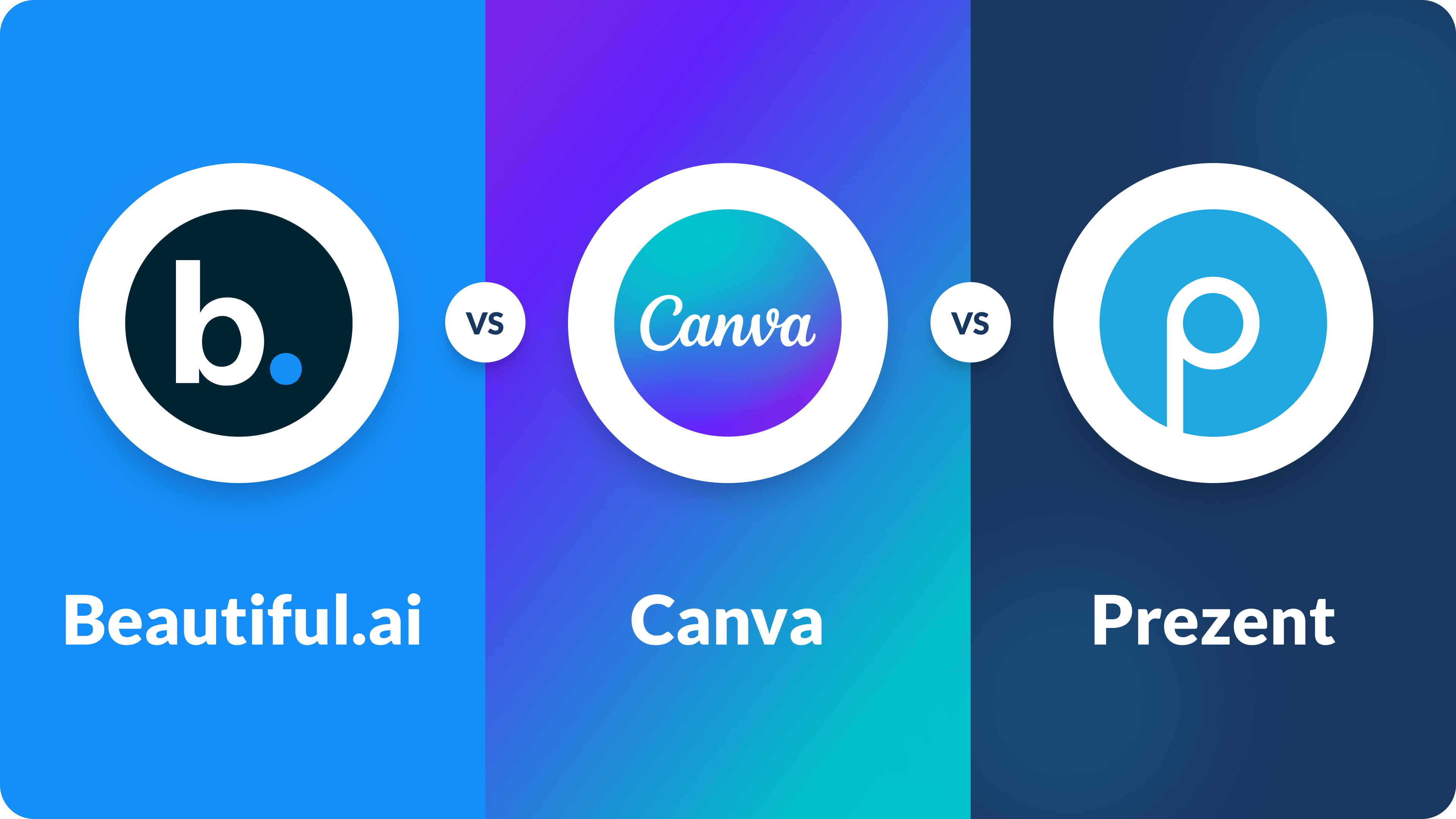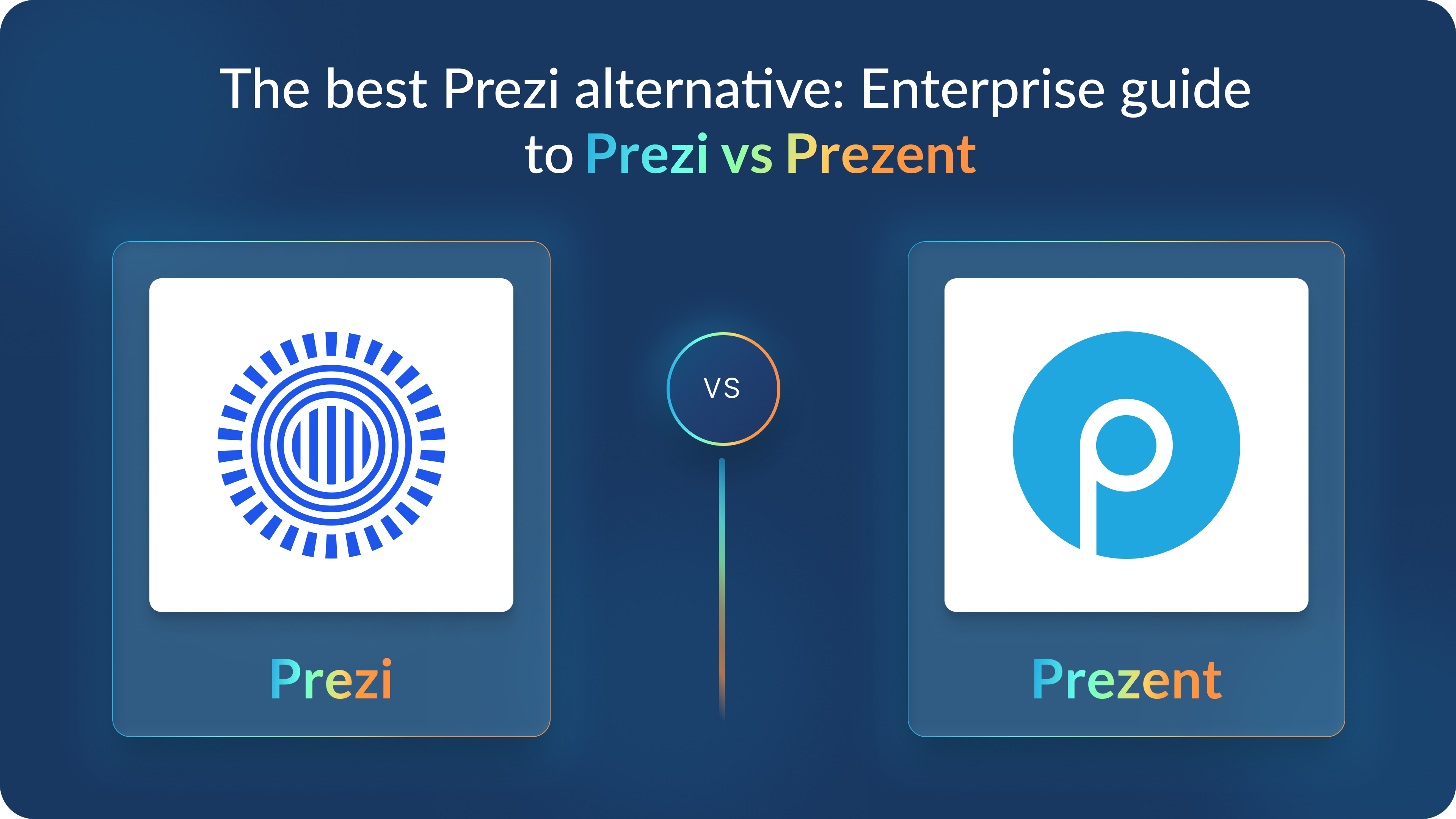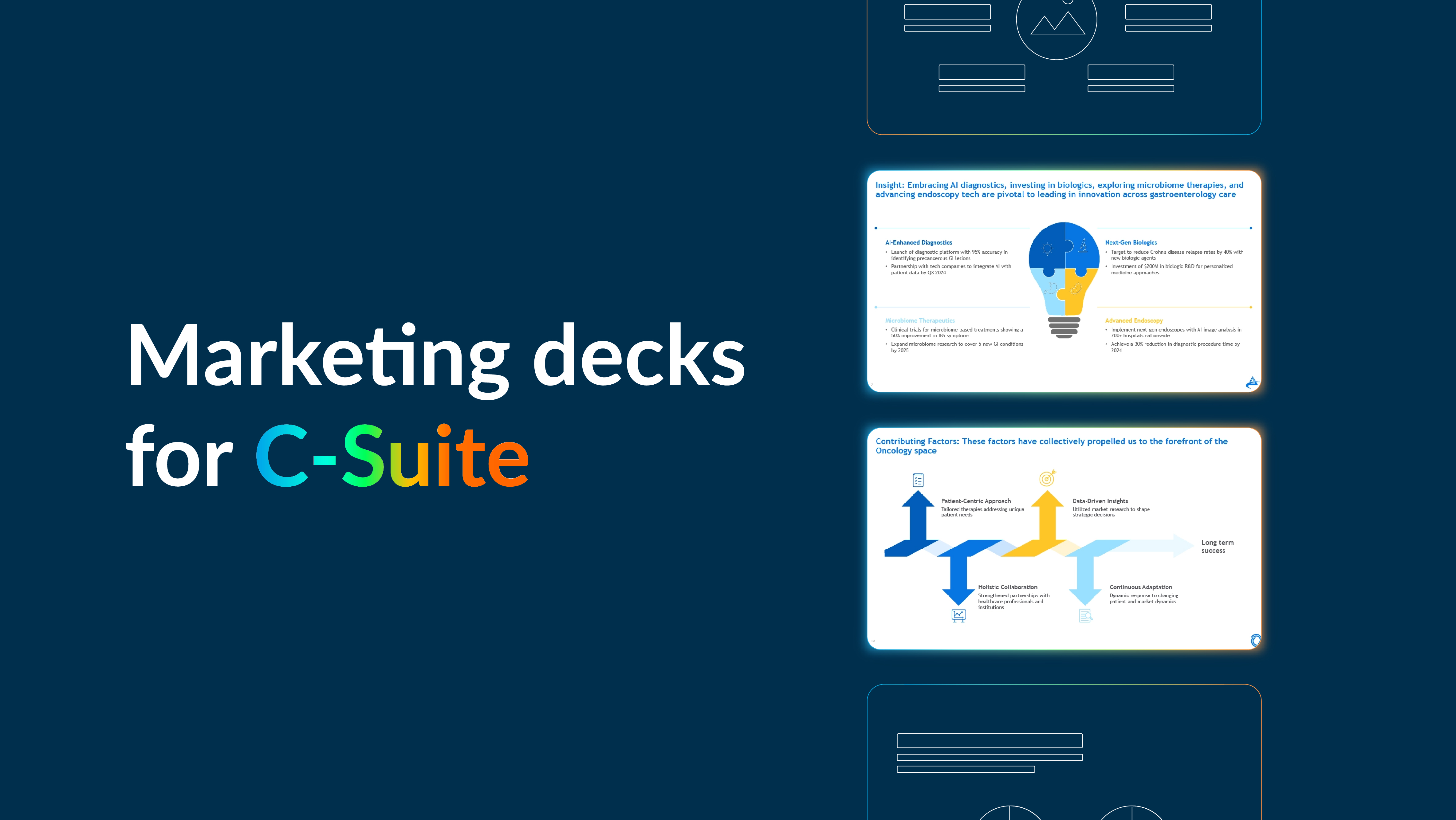How to elevate your presentations

The time is ticking down. Your presentation is in five minutes.
You've done the prep work. You're confident in the information and feel strongly about the message you're trying to convey. All that's left is to nail the execution.
If you’re nervous, that’s totally normal! An estimated 75% of Americans suffer from speech anxiety.
Just take a deep breath and focus on these five tips to make your presentation go from good to great.
Key takeaways
- Preparation is important, but it's only half the battle.
- Learning how to give great presentations means learning confidence.
- Embracing your role as an actor will free you to shine on stage.
1. Having confidence in your voice
The fear response to public speaking is nearly universal.
We crave acceptance because we are social creatures, but the added pressure of your career can tip some over the edge of anxiety and into a full-on panic in front of an audience.
Learning how to give a great presentation means building confidence through two methods: practice and preparation.
A key feature of a confident speaker is their ability to own their voice. Accept the natural quirks and uniqueness of your speaking style, and actively use them to give your speech personality and credibility.
In short, don't shy away from what makes you who you are. Own it, and your audience will respond.
For more inspiration, check out this TEDx talk, where public speaking expert Phil Waknell explains the ingredients to amazing presentations.
2. Telling an effective story
Nailing the story is the most important piece of a great presentation.
Humanity resonates with great storytelling. It's the only way to generate an emotional response from the listener that will stick with them and convince them you were right on a deep level.
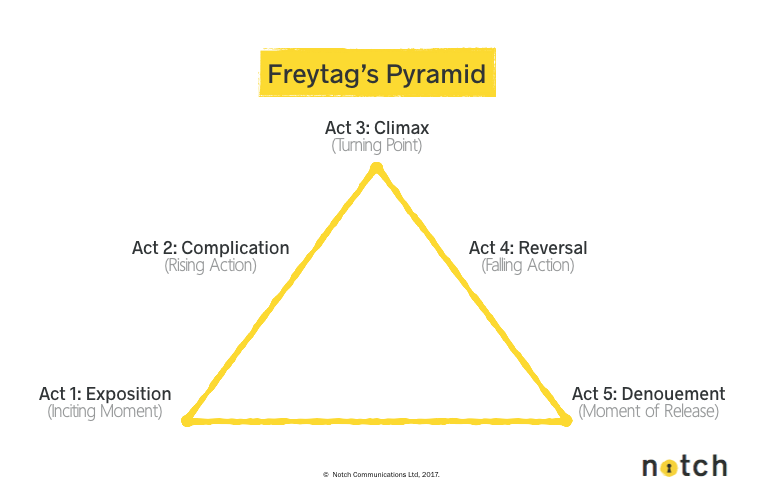
Every phase of planning and execution of your presentation should focus on the story unfolding. While giving your presentation, think of yourself as the story's main character.
Get comfortable with the idea of acting as yourself. The character you project doesn't need to be overly dramatic. And it doesn't need to be a "character" per se, but simply an extension of yourself and the qualities you think best suited to the information you're presenting.
3. Mastering the art of persuasion
Do you consider yourself open-minded?
If you said yes, here's a fact for you to chew on for a bit: people are more likely to be persuaded if you make them believe they are persuadable in advance.
It's natural for humans to perceive themselves as being at the center of a story. Each interaction with another person is a chance for the character they represent to develop and interact with the world.
Since we are emotional creatures, we often react without thinking it through. Our mindset, emotions, and well-being at the time the question is posed all directly affect our responses.
Getting someone into the headspace to accept your ideas could be as simple as asking them if they're open to new ideas. Everyone believes they are open-minded and reasonable, so get them to acknowledge this about themselves in one way or another before delivering presentations. That subtle shift in mindset will work wonders for your ability to persuade.
4. Embracing your role as an actor
William Shakespeare has a famous quote about this subject that should give you pause:

We each play a version of ourselves daily. That character changes depending on the setting we're in. You're not the same you at work as when you're at home or when you're out with friends.
Having a different version of yourself isn't a bad thing. It's a natural reality that different settings call for different characters. However, since you're going to be on stage and 'acting,' you need to know your character very well to react to situations smoothly.
Ask yourself important questions about your character and how they'll respond in different situations.
What if there's a technical glitch? What if someone asks that question that you know will come up? What if no one asks any questions at all?
These questions aren't strictly about planning since you can't predict the future. They're more about fleshing out the character you'll be playing on-stage in advance.
5. Finding humor in all things
All the facts and figures in the world can't justify your beliefs if your audience is asleep throughout your presentation.
Audiences have long attention spans for the content they enjoy. Get your audience to relax by getting them to laugh. Inject humor into your presentation wherever possible.
Doing so isn't as hard as it sounds. Humor is the ability to point out the absurdity of life in a relatable way.
Here are three easy ways to look for the absurdity in your presentation topic and earn some laughs from a grateful audience:
- Exaggeration: Don't be afraid to purposefully exaggerate the consequences of certain actions. The more over the top you get, the more obvious it will be that you're joking.
- Wordplay: The haters will groan, but you will rest easy knowing your pun about excellence in spreadsheet-making represented peak comedy.
- Slapstick: Maybe you don't need to smash a watermelon with a mallet, but including a silly prop in your presentation could be enough to earn a few chuckles and keep your presentation lively.
Let Prezent do the prep work for you
Now that you've learned our five secrets, we'll give you one more: Prezent can save you time and money by creating your presentation overnight.
Our dedicated professional presentation makers can take your notes and data and turn them into a full, ready-to-deliver presentation in just a few hours.
You can also save time and money with Prezent’s AI-powered presentation productivity platform. Build beautiful and brand-compliant presentation slides with over 35,000 templates pre-designed with structured business storylines at top of mind.
We'll do the prep work so you can prepare you for your time on the stage. Break a leg!
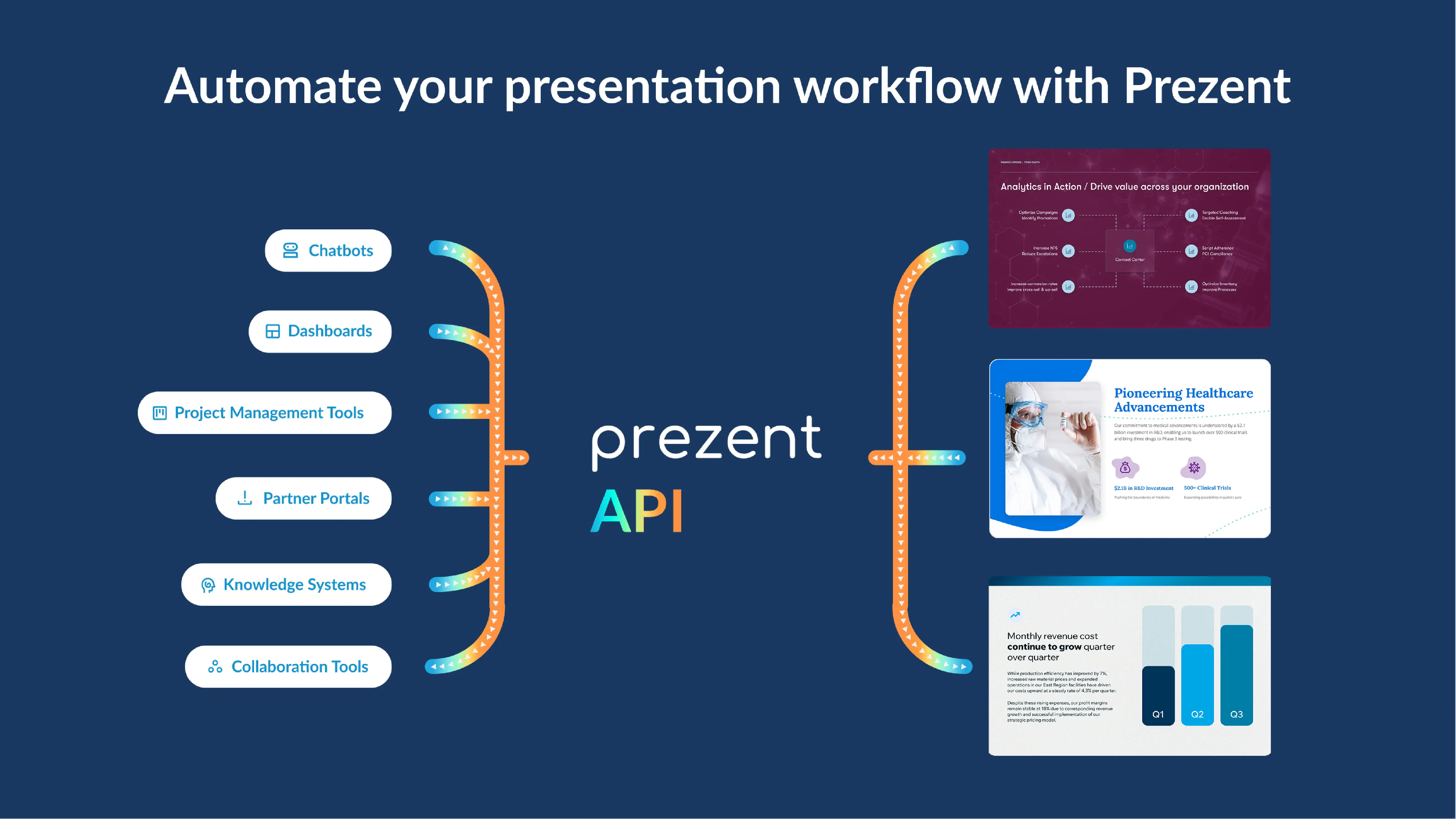

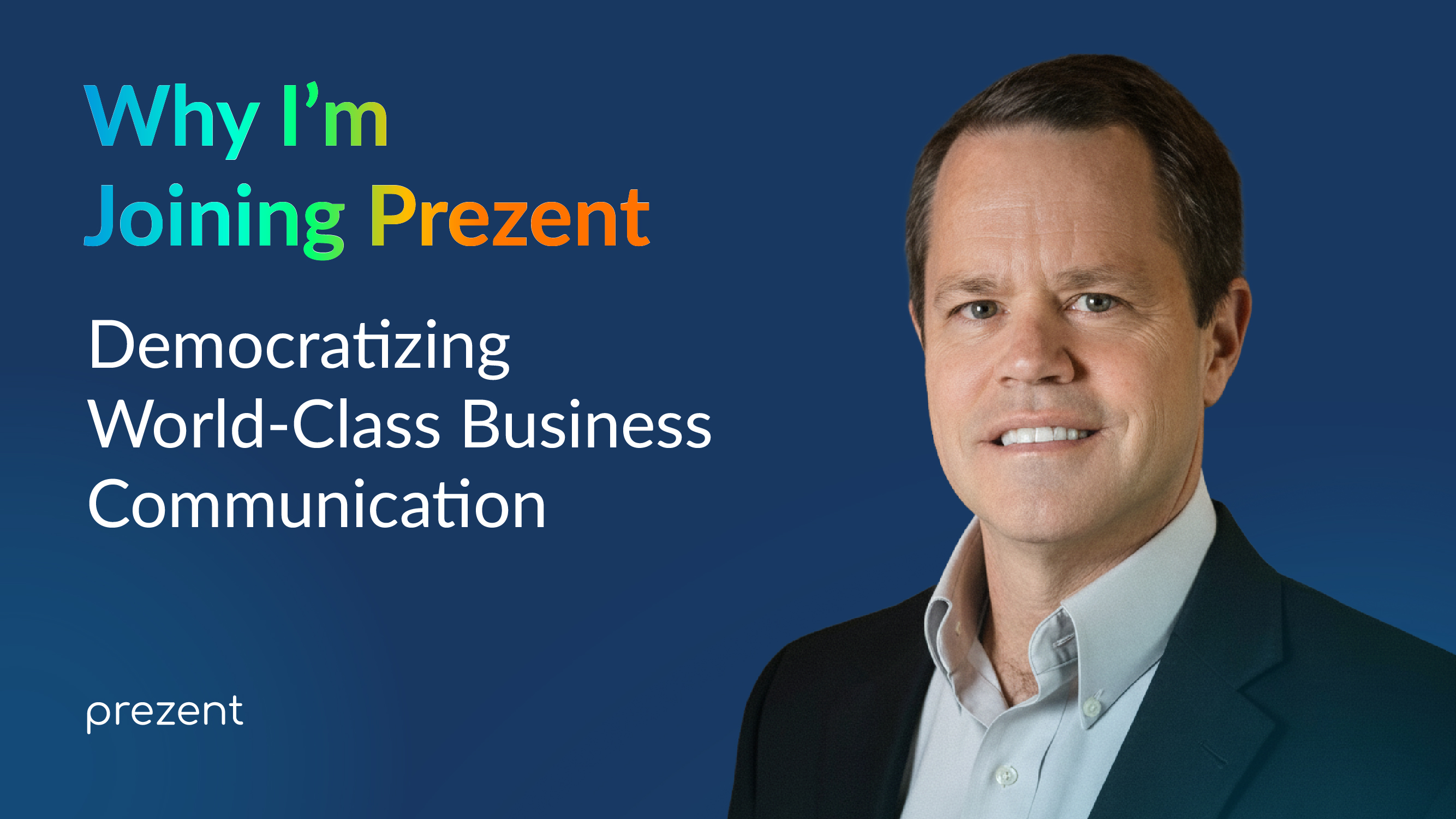

.avif)



